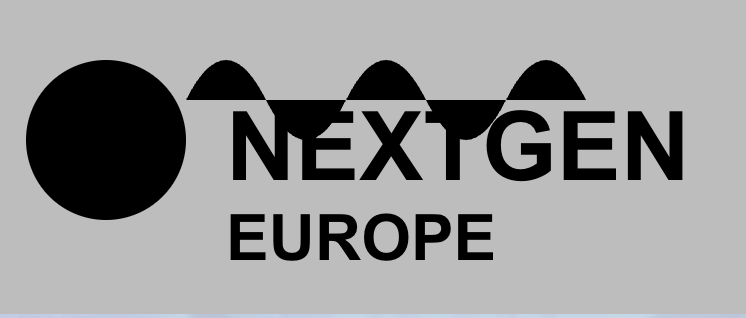Mark Rushbrook refutes the claim that their engine is lagging behind.
Ford CEO Mark Rushbrook has said their attempt at the F1 2026 engine is in “good shape” after rumours the Red Bull Ford Powertrains division was lagging behind its competitors.
Ford is set to make a comeback in Formula 1 after a hiatus of 22 years by joining forces with Red Bull. Starting from the 2026 F1 season, Ford will supply engines to the Milton Keynes-based team. However, despite rumors of delay, the CEO of Ford has refuted claims that they are running behind schedule.
Ford dismiss Red Bull power unit issues ahead of F1 2026
There have been circulating speculations that Red Bull Ford Powertrains may have faced challenges during their development process, potentially resulting in them being one of the slower power unit suppliers among the six manufacturers enlisted for F1 2026.
Toto Wolff, who holds a comparable position to Rushbrook at Mercedes in terms of supplying power units, was among the most outspoken individuals concerning the perceived problems faced by Red Bull. He insinuated that Christian Horner, the team principal, was apprehensive about the progress of their “engine programme.”
Last year, the Mercedes team boss commented on Horner’s suggestion to reconsider the current 2026 regulations. The Mercedes team boss expressed his belief that Horner may be more concerned about the lack of progress in his engine programme and possibly using this suggestion as a way to end it. The Mercedes team boss emphasized the need to question the true motivation behind such statements.
However, CEO Rushbrook has refuted these allegations and assured that they are well-prepared for the upcoming challenge in 2026.
Rushbrook informed the Dutch branch of Motorsport.com that, similar to any program, specific goals and milestones are established. Currently, we are successfully attaining all our objectives and reaching the intended milestones.
“In the realm of motorsports, Formula 1 stands out for its rapid pace of development compared to all other branches in which we participate. The journey towards innovation and progress commences with engine development and continues at full throttle until the regulations expire in 2030.”
More on Ford’s return to F1
F1 2026: Confirmed teams and power unit suppliers for F1’s huge regulation changes
US giants Ford issue response to Adrian Newey exit ahead of Red Bull partnership
We have established our own targets for the power unit, drawing from our past experience and understanding of what is essential to achieve success in 2026. However, we lack information about our competitors’ progress and their rate of development. Therefore, we cannot directly compare ourselves to them. Nonetheless, considering our own assessment of the requirements for success, we can confidently say that we are well-prepared.
Rushbrook was asked about Horner’s mention of competing against long-established powerhouses like Ferrari and Mercedes. He acknowledged that it is indeed a tough task, given their decades of experience. However, Rushbrook emphasized that in Formula 1, facing significant challenges is always the norm.
He stated that it is undeniably true that brands like Ferrari possess the knowledge, manpower, and expertise within a well-established system.
While it is true that they possess an advantage in that aspect, it should be noted that our team has a distinct advantage as well. Unlike them, we are solely dedicated to developing the engine for 2026 and do not have to divert our attention to the current power sources. As a result, our entire focus is directed towards this project.
Read next: Five big Emilia Romagna GP questions: Ferrari’s big upgrade, dark horse identified and more
